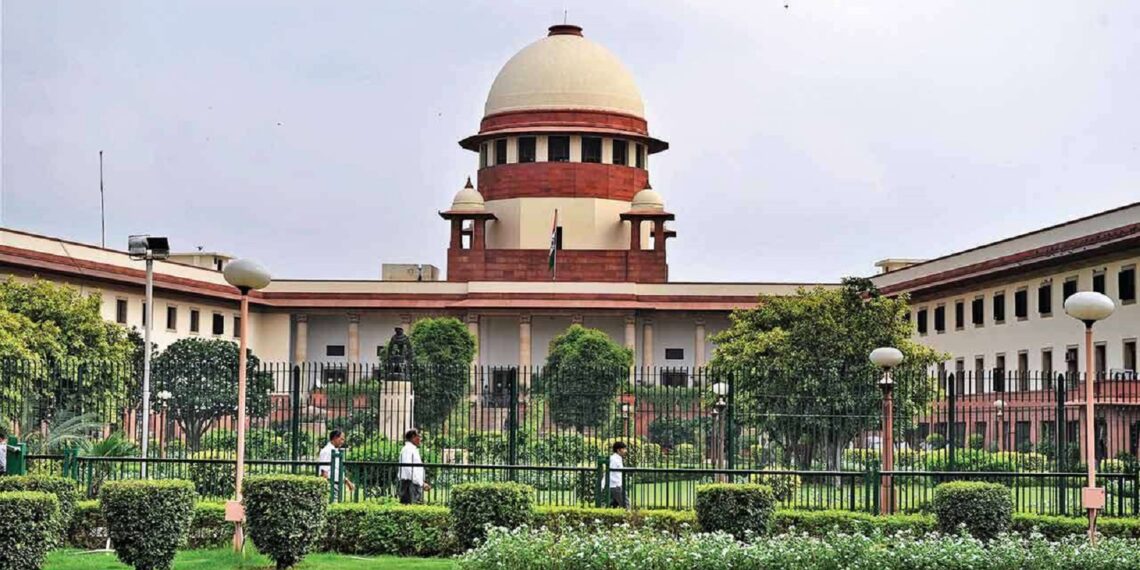The Supreme Court on Tuesday afternoon refused to stay implementation of the Citizenship Amendment Act (CAA) and served a notice to the Centre to respond to the pleas seeking a stay on the Act, by April 8.
A bench led by Chief Justice DY Chandrachud, alongside Justices JB Pardiwala and Manoj Misra, while hearing petitions on March 19, granted the Centre three-weeks time to respond to the pleas, scheduling the matter for a hearing on April 9.
This decision came after Solicitor General Tushar Mehta requested time to address the pleas filed before the court.
The Court is currently handling 237 applications, including 20 pleas seeking a stay on the Citizenship Amendment Rules 2024.
ALSO READ Despite rising opposition, Centre stands firm on CAA, ‘no repeal’ says Amit Shah
Petitioners argue for the suspension of the rules until the apex court delivers a verdict on the constitutional validity of the Act but the court refused to stay CAA implementation.
During the proceedings, Solicitor General Mehta clarified that the Act does not nullify the citizenship of any individual.
On the other hand, senior advocate Kapil Sibal, representing the Indian Union Muslim League (IUML), stressed that once Indian citizenship is granted to migrant Hindus from Pakistan, Afghanistan, and Bangladesh, it cannot be revoked.
This development follows a mention made by Senior Advocate Sibal on March 15, representing the IUML, one of the petitioners challenging the CAA since 2019.
The Citizenship (Amendment) Act of 2019 modifies Section 2 of the Citizenship Act of 1955, specifically addressing the definition of “illegal migrants”.
Various parties, including the IUML, Assam Congress leader Debabrata Saikia, Asom Jatiyatabadi Yuba Chatra Parishad, Democratic Youth Federation of India (DYFI), and the Social Democratic Party of India (SDPI), have submitted applications seeking a stay on the Rules, adding complexity to the legal proceedings.
ALSO READ Assam’s CAA resistance escalates; petitions filed at Supreme court amidst protests
Earlier on Monday, the North East Students’ Organisation (NESO) become the latest organisation to lodged a petition in the Supreme Court, contesting the Act,
The petition, urged the court to issue a stay on the implementation of the Act.
Despite the CAA exempting the states of Mizoram, Nagaland, Arunachal Pradesh, and Manipur, as well as the Sixth Scheduled areas of Meghalaya, Tripura, and Assam, the NESO expressed concern that 27 districts of Assam remain unexempted.
This, according to NESO, poses a grave threat to the entire Northeast.















